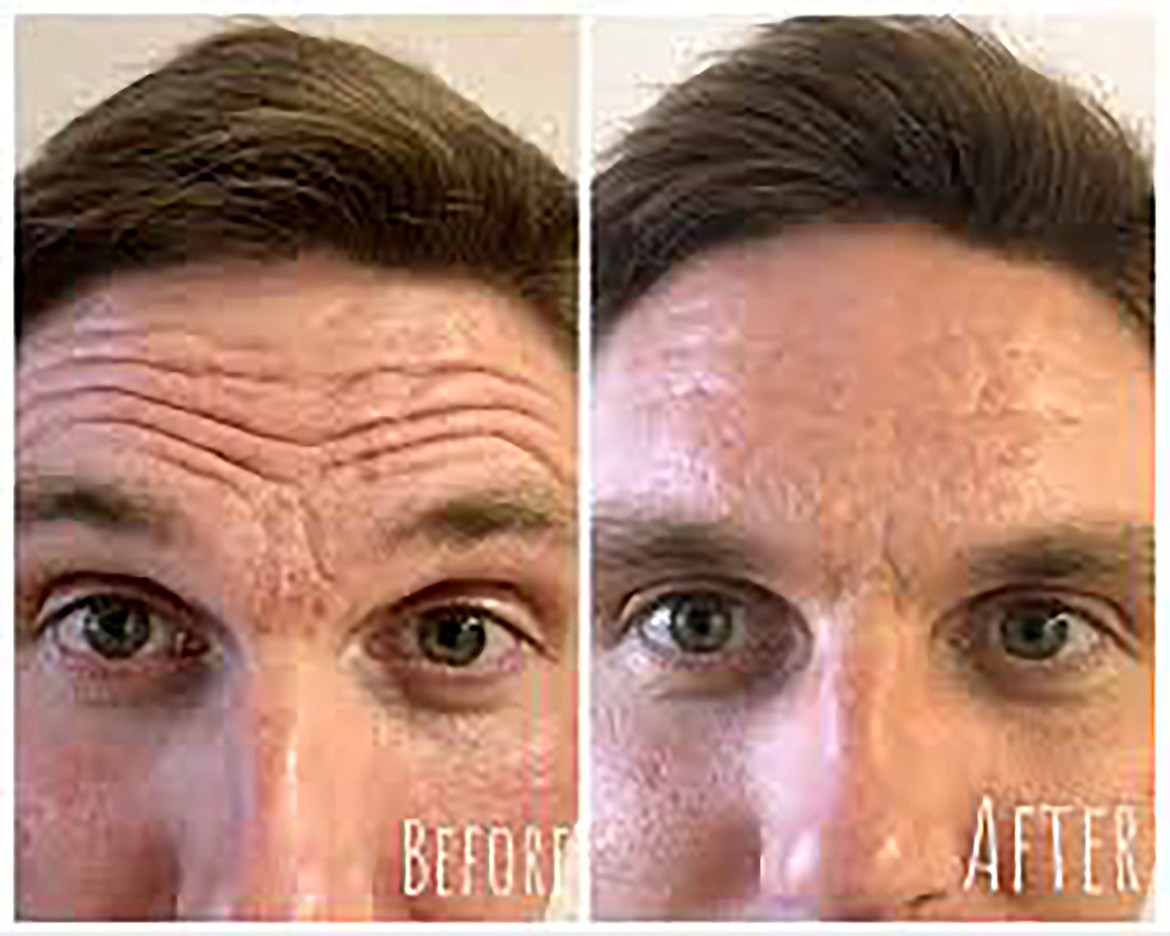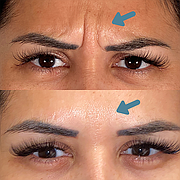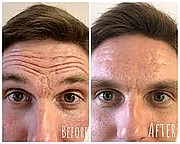Pandemic plastic surgery and what you need to know
So, how have you been spending these pandemic days? Any little projects you’ve got going? According to the American Society of Plastic Surgeons (ASPS), many have been opting for some plastic surgery procedures.
As lockdown restrictions eased for non-essential services, many surgeons began seeing an influx of patients seeking aesthetic plastic surgery. In 2020, The Aesthetic Society’s data reports a total revenue of over $9 billion spent on aesthetic plastic surgery. 2020 was a unique year to say the least. In addition, 49% of Americans who had never had plastic surgery said they were open to getting it in the future.
Surgeons think there were several factors that came together to drive aesthetic surgery even during the pandemic: increased video calling; the ability to stay home; and being able to wear masks during recovery.
Doctors say many patients are seeking surgery to take advantage of home quarantine, allowing them to quietly have procedures done – from a facelift to a mommy makeover - and avoid being seen while they recover.
In 2019, the ASPS reported the most common cosmetic procedures were liposuction, tummy tucks, and breast augmentations. By June 2020, Botox, a minimally invasive injection to correct wrinkles in a matter of minutes or a few days, was the most requested cosmetic treatment during the COVID-19 pandemic. In addition, facelifts, rhinoplasty (cosmetic nasal surgery) and blepharoplasty (eyelids) are common surgical procedures right now.
Zoom Boom!
Seeing oneself on-screen over and over again encourages people to obsess over body image and perceived flaws. It’s a common exhortation from actors who see themselves on TV and in films for years, and who must conform to the industry’s unrealistic beauty standards. Now, the rise of social media and selfie culture means the phenomenon isn’t limited to celebrities; for instance, look to ‘Snapchat dysmorphia’, which, like the Zoom Boom, also sparked an increased demand in plastic surgery. Many studies in the last few years have linked selfie-taking and social media with body dysmorphia and negative self-esteem and self-image.
Essential versus non-essential
As the pandemic swept the nation and all elective procedures were canceled, plastic surgeons say the blurred lines between essential and nonessential surgeries led to many difficult decisions.
ASPS President, Dr. Lynn Jeffers, explained, “If somebody came in with something traumatic, it obviously had to be dealt with. The harder things were skin cancer, early breast cancers – at what point can you delay them and at what point must you move forward?”
She continues, “These decisions were difficult because no one knew how long this was going to last. Certain things can be put off for a month, but they can’t be delayed for three or five.”
Many of these patients who had their cancer surgeries and reconstructions delayed are now part of a backlog that plastic surgeons like Jeffers are trying to tackle.
“We still don’t know the whole aftermath of that and how many people had certain amount of delayed care from a cancer perspective,” she said.
Is it safe?
Doctor’s offices and hospitals have fine-tuned new, enhanced safety procedures. Most plastic surgeons require their patients test negative for COVID-19 before allowing the surgery to take place.
So, you have some options: get in line if you’re thinking of exploring potential changes; going forward with Zooming, just click your camera off; or be thankful for your health as we make our way through this unique time in history.
Diana is a certified clinical cosmetologist, cosmetologist, and make-up artist. Diana can be contacted at dianamarienelson1210@gmail.com .





